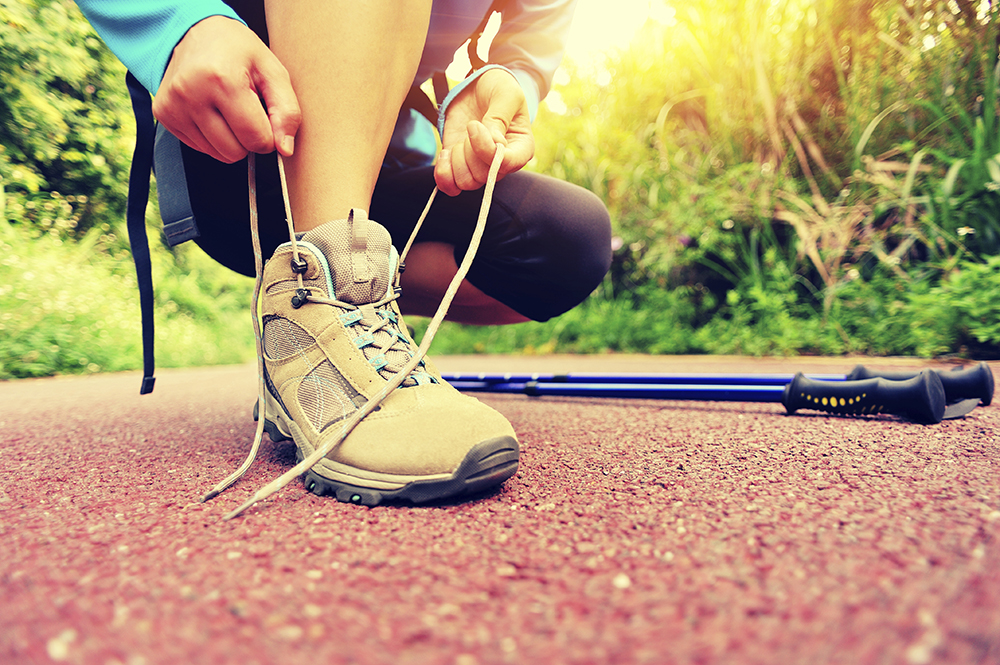Connect with nature to feel good
Feeling sluggish and too 'indoorsy' this season? Writer Juliet Davey was, then she spent an hour on a mindfulness walk in the countryside to reconnect with nature…

Rain and cold weather… they do not exactly entice us to run outside and embrace nature. This is when most of us tuck ourselves away, spending much of our time in front of our computer screens or TVs, snuggled up on the sofa eating comfort food. But how much do our modern lifestyles, disconnected from nature, take their toll on our wellbeing and health?
The way we live our lives today means we spend an average 90% of our time indoors. The air quality in our homes is often poor, containing toxic gas from conventional building materials. Being indoors also deprives us of vitamin D – the ‘sunshine vitamin’ which helps protect our bodies against cardiovascular disease, cancer, autoimmune conditions, asthma and cognitive impairment. Our indoor lifestyles have also been attributed to an increase in allergy sufferers.
Our disconnection with the natural world can affect us emotionally, leading to depression, anxiety and feelings of isolation. The Journal of the American College of Cardiology published a study in 2011 associating time in front of computers and TVs with a higher risk of death.
This all sounds dismal, I know, but there is a simple remedy… nature.
I recently joined an Ecotherapy Walk in London with Julia Lay, founder of ecotherapy website Smell the Raindrops. A group of us met in Primrose Hill on a cold, damp uninspiring afternoon, surrounded by evergreens and skeletal branches of the trees that shed their leaves some months before. I hardly noticed, as I was preoccupied with adjusting my layers of clothing to keep warm.
According to Howard Clinebell’s 1996 book Ecotherapy: Healing Ourselves, Healing the Earth, ecotherapy refers to healing and growth nurtured by healthy interaction with the earth. Julia, a clinical psychologist with the NHS, explains it as using time in nature to improve wellbeing. Julia looks to other forms of life as her inspiration. She likes watching how animals just are, there is no complication or overthinking. They are in the present and observing this brings herself into the present.
I ask her what I can expect to feel at the end of my walk. She hopes I will feel more peaceful, more present, more relaxed and more connected.
The session starts with some active, playful exercises that help break the ice and connect us as a group. One of the exercises ends with all of us bursting into laughter, and that’s when I realise I am no longer feeling the cold. We then start a group meditation, honing our senses so we are able to detect even the faintest smells and sounds around us. Next is the main part of our session: the mindful walk. This leads into an activity in pairs that helps to see the details of this beautiful, natural setting. We end by coming together and discussing our experiences.
Altogether, I spent just over an hour of my time. And yes, it left me feeling relaxed and connected and like I had taken a small break away from busy city living.
Then I think about the wider implications of having a regular, meaningful connection with nature. Perhaps we would all care about our surroundings a little more if we took the time to appreciate the magnificence of the natural world around us – our home.
Julia holds weekly mindfulness walks at several London locations. For more information, see smelltheraindrops.com
Photograph: iStock








